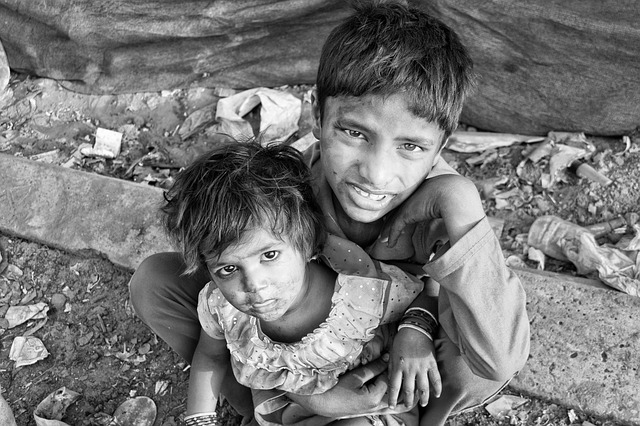In this August 27, 2021 article for The Manila Times, Javier Joe Ismael reports on the results of a Pulse Asia survey commissioned by Sen. Sherwin Gatchalian.
Results of the survey showed that of those who agreed to resume face to face classes, 73% were from class E1In the Philippines, people identified as class E are those with no homes to call their own, have no properties, and those that usually live on a hand-to-mouth basis. See http://2040.neda.gov.ph/wp-content/uploads/2016/06/AmBisyonNatin2040_Technical-Details-of-the-National-Survey.pdf while 61% from class D2These are individuals whose homes are made of light and cheap materials, have some high school education, and are typically employed in jobs with low pay says that students learn more in school than at home.
The demand for the resumption of in-person classes is higher at 44%, 33% said they were unsure and 23% disagreed. Agreement to have face-to-face classes is higher among those in classes E and D.
The survey was conducted from June 7 to 16, 2021, and involved 1,200 respondents. As a result of these survey findings, Sen. Gatchalian filed Senate Bill 2355, which hopes to institute a free national remedial program to be known as the Academic Recovery and Accessible Learning (ARAL) Program.
Editor’s Note: Based on a 2015 study conducted by the Philippines’ National Economic and Development Authority (NEDA)3 http://2040.neda.gov.ph/wp-content/uploads/2016/06/AmBisyonNatin2040_Technical-Details-of-the-National-Survey.pdf, the majority (77%) of Filipinos belong to classes D (48%) and E (29%). If classes D and E are most affected by school closures, then it means that most Filipinos are negatively affected by this policy.
This is no surprise as these are the same groups of people who are unable to help their children with school work seeing that they also have limited education. These are also the same families who are unable to provide gadgets for their children’s education. This essentially means that with school closures, children of individuals from classes D and E are doubly marginalized. They are prevented from receiving the education that they deserve, and their long-term development is also delayed. Anyone who has worked in development knows the long-term implications of keeping children out of school [read the following articles to understand this point better, see UN: COVID-shut schools in 19 nations risk ‘generational catastrophe’, Children learned next to nothing during distance schooling, New Study: Lockdowns negatively affect mental health of teens, WHO: Closure of schools should be considered only if there is no other alternative, Education secretary: Children need human interaction, COVID-19 Pandemic Affected Children’s IQ].
The solution to this problem is not more distancing or remedial classes – it is the reopening of schools. Science and experience of other countries have shown us that schools can be safely reopened [see Study: Children are not superspreaders, time to go back to school, CDC: Risk of coronavirus in schools is small, CDC: Vaccinating teachers not a pre-requisite for safe school reopening, Scientific evidence shows schools can clearly be opened, Despite open schools, no masks, no social distancing, no children died of COVID-19 in Sweden, Science shows schools must re-open for in-person learning, Educator relates experience of school re-openings in Switzerland, Finland schools reopen successfully, How schools in other countries have reopened, Reopening schools in Denmark did not worsen coronavirus outbreak, Reopening of schools has not triggered a new wave of coronavirus infections].
We knew early in 2020 that schools should never have been closed. Why is the Philippine government still holding our children hostage?
Read Original Article
Read Online
Click the button below if you wish to read the article on the website where it was originally published.
Read Offline
Click the button below if you wish to read the article offline.
Resources
- 1In the Philippines, people identified as class E are those with no homes to call their own, have no properties, and those that usually live on a hand-to-mouth basis. See http://2040.neda.gov.ph/wp-content/uploads/2016/06/AmBisyonNatin2040_Technical-Details-of-the-National-Survey.pdf
- 2These are individuals whose homes are made of light and cheap materials, have some high school education, and are typically employed in jobs with low pay
- 3
